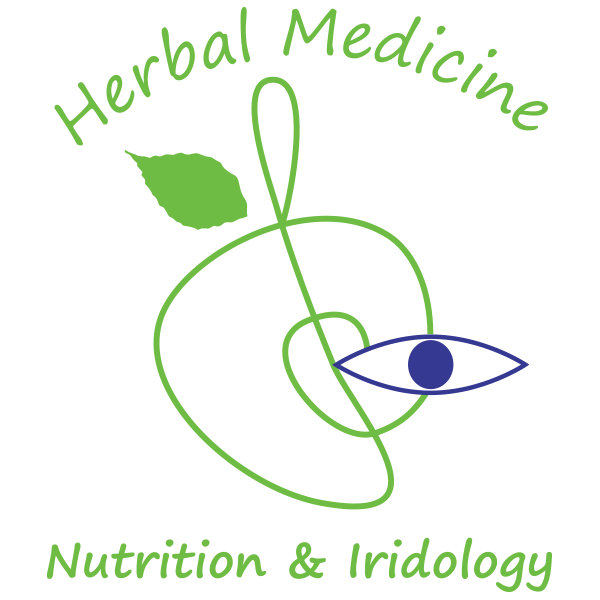The Health Benefits of Apple Cider Vinegar
Apple cider vinegar (ACV) has a long history of use as a healing food, a dieter’s friend, a food preservative, and for cosmetic and domestic cleaning purposes. ACV is the result of a double fermentation process. First apple juice is fermented to apple cider, which is then further fermented into apple cider vinegar.
Apples are one of the healthiest of fruits. When they are double-fermented to produce ACV we have a powerful ingredient that is a staple in many kitchens across the world. Unfortunately the nutrient values of the apples are decreased, however ACV can increases our uptake of nutrients from other foods that we eat. Fermented foods optimise digestion by feeding the good bacteria in the gut, which in turn helps to maintain pH balance, increase nutrient uptake and support immunity.
To obtain the health benefits you want to use:
- Organic: because apples are one of the most pesticide sprayed crops,
- raw, that is unpasteurised to preserve the beneficial enzymes,
- and with the mother—unfiltered so that it retains the beneficial Acetobacter bacteria, you can expect some sediment, which gives the vinegar a murky tinge.
The health benefits of ACV
The most common uses for ACV include:
- To restore and maintain the good bacteria in the gut
- To improve digestion and increase metabolism
- To reduce acidity and restore pH balance in the body, which can help reduce arthritic and rheumatic pain
- To help regulate blood pressure and insulin
- Internally and externally as an antiseptic and anti-fungal
- As a skin cleanser and deodorant
- To eliminate dandruff and promote hair growth
- As a mild anti-bacterial cleaning agent
How can apple cider vinegar do all this you might ask?
If all ACV did was reduce acidity in the body then that alone would account for multiple health benefits. When the pH balance within the body becomes too acidic unwanted bacteria, yeast, and fungus flourish, making it more difficult for the good bacteria to survive. ACV contains acetic acid.
Acetic acid has the ability to kill dangerous – bad bacteria, and at the same time to foster the growth of beneficial – good bacteria.1
Phyto-nutrients in Apple Cider Vinegar
ACV is a rich source of malic acid and citric acid, which assist with metabolism and endurance, and the elimination of metabolic waste.
Vinegars are also a dietary source of polyphenols, compounds synthesized by plants to defend against oxidative stress. Ingestion of polyphenols in humans enhances in vivo antioxidant protection and reduces cancer risk.2
Excess acidity can leach minerals like calcium, sodium, potassium and magnesium from vital organs, bones and teeth, in an effort to neutralize the acid and remove it from the body. As a result major organs such as the liver, heart or kidneys may be weakened.
ACV contains 19 minerals, including: potassium, sodium, calcium and magnesium. These minerals synergise the body and help to maintain pH balance. For example, calcium is required for muscle contraction and magnesium for muscle relaxation. Potassium is essential for muscular activity, especially the heart muscle, which requires a balance of potassium and sodium, while the pumping of potassium and sodium requires magnesium. The concentration of calcium in cells is controlled by sodium.
Pectin is an insoluble fibre found in ripe fruits. It is believed to be effective in removing cholesterol from the blood vessel walls, which can positively influence heart health.1 Although not conclusive, many research studies have shown that apple cider vinegar can help to reduce cholesterol, and to lower blood pressure and blood sugar levels.
ACV may assist in controlling blood glucose and lipids, weight loss and hypertension and therefore may be helpful in the management of type 2 diabetes. 3
ACV also contains Beta carotene, an antioxidant and immune booster. Antioxidants help to fight the damaging effects of free radicals that can occur as a by-product of metabolic functions, or be introduced via the environment.
Apple cider vinegar is best known for its anti-fungal and antibacterial properties. Although it is acidic, like lemons it becomes alkaline once ingested. For this reason it is taken to help restore the body’s pH balance. It is also due to its acidity levels that it is used as an eco-friendly anti-bacterial. Use it as a food preservative that inhibits the growth of harmful bacteria and to keep food from spoiling too soon.
The use of vinegar to fight infections and other acute conditions dates back to Hippocrates (460-377 BC; the father of modern medicine), who recommended a vinegar preparation for cleaning ulcerations and for the treatment of sores. 2
A solution of 25-50% ACV to water has multiple applications:
- To wash fruit and vegetables
- As an effective anti-fungal and anti-bacterial skin toner
- As a final hair rinse to reduce dandruff
- All-round surface cleaner
- For fungal infections of the feet use as a warm soak
- For body odour wipe the area clean with cotton pads or cloth soaked in ACV
- As a gargle for bad breath or throat infections
Do not drink apple cider vinegar undiluted as it is too acidic on tooth enamel. It can also irritate delicate internal tissue. Start with a weak solution and slowly increase to find the balance of ACV to water that suits you. Also, when taken on a regular basis it is generally not necessary to take it in large amounts.
References
(1) Online article. Available at: https://www.journalajst.com/sites/default/files/5355.pdf (Accessed: 06 February 2019)
(2) Online article. Available at:
https://www.ncbi.nlm.nih.gov/pmc/articles/PMC1785201/ (Accessed: 06 February 2019)
(3) Online article: Available at:
https://www.researchgate.net/publication/313099915_The_Potential_of_Apple_Cider_Vinegar_in_the_Management_of_Type_2_Diabetes (Accessed: 06 February 2019)

